
The Crowd: A Study of the Popular Mind
By l

11 Aug, 2023

Thousands had gathered in the grand square of Paris, a sea of anticipation surging to the rhythm of a collective heartbeat. The sun was a thin, golden disk in the afternoon sky, casting a spectral glow over the assembly. It was a scene straight from 'The Crowd: A Study of the Popular Mind' by Gustave Le Bon.

Amid the throng was a man named Jean, a figure of thought. His eyes, wrought with contemplation, scanned the crowd, taking in its vibrance and vividity. He was a sociologist, a disciple of Gustave Le Bon's teachings.

Jean was here to observe, to understand the enigma that was the collective psyche. In his hands, he carried a weathered copy of 'The Crowd', its pages filled with annotations and underlinings. The tome was his compass amid this human ocean.

The crowd had come for the public address of a charismatic leader, a man known for his eloquence and persuasiveness. As he appeared on the dais, a hush fell over the crowd. Jean, noting this, scribbled his observations hurriedly in the margins of his book.

The leader began to speak, his voice a rhythmic song that seemed to resonate with the crowd. Jean, not particularly concerned with the contents of the speech, stood absorbed in the crowd's reactions.

He noticed the synchronization of emotions, the collective sighs and laughs, the unified clapping of applause. He realized how the crowd's identity seemed to have merged into a single organism, losing its individual components.

He recalled Le Bon's description of a crowd as a collective being devoid of personal accountability, driven by emotions and sentiments. He understood then, the accuracy of that commentary.
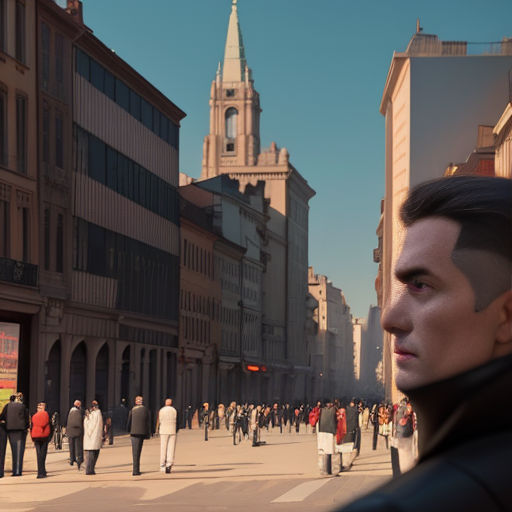
Suddenly, the leader spoke a provocative statement. The crowd's reaction was immediate, a tidal wave of anger and disapproval. Jean saw the sudden metamorphosis, the peace replaced by turbulence.

The next moment, the crowd was back to cheering, as if it had purged its collective anger, jumping back into a state of admiration. It was as though their memory was a shared entity, short-lived and fickle.
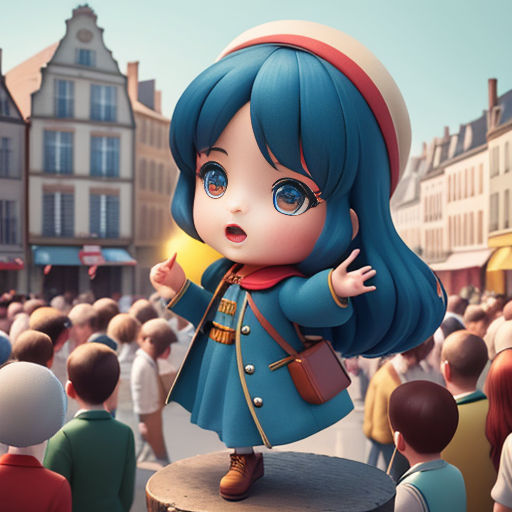
It fascinated and terrified Jean, this volatile nature of crowds. He thought of Le Bon's assertion that a crowd, once formed, is a power that cannot be reasoned with, a force that can only be directed.

As the leader's speech continued, Jean felt a newfound appreciation for the profound insights Le Bon had presented in 'The Crowd'. He had truly managed to decipher the uncharted territory of the human hive mind.

The crowd was now an open book to Jean, a specimen under his microscope. He noted each swell of emotion, each fluctuation in attitude, each shift in perception.

He observed how the leader skillfully manipulated the crowd, tapping into their sentimentality, manipulating their thoughts and emotions, directing their collective will.

As the sun began to set, casting long shadows across the square, the speech came to an end. The crowd erupted in applause, a final outpour of collective admiration. Jean watched, awestruck by the spectacle.

Reflecting on the day, Jean realized that he hadn't just studied the crowd, he had experienced it. He had ridden its emotional waves, felt its collective heartbeat, savored its unique taste.
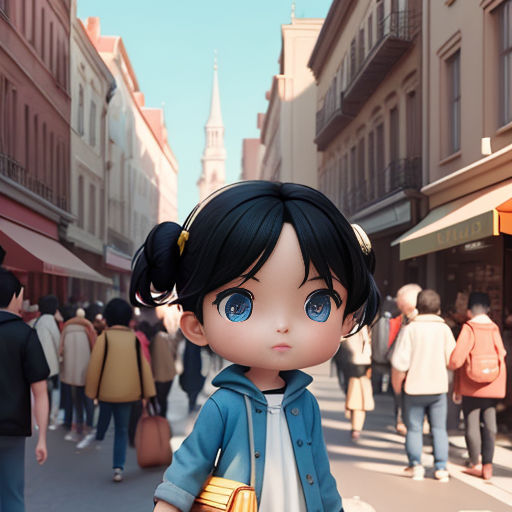
Ultimately, Jean walked away with not just observations but wisdom. He realized that crowds were paradoxical entities, their behavior as predictable as they were unpredictable, as rational as they were irrational.
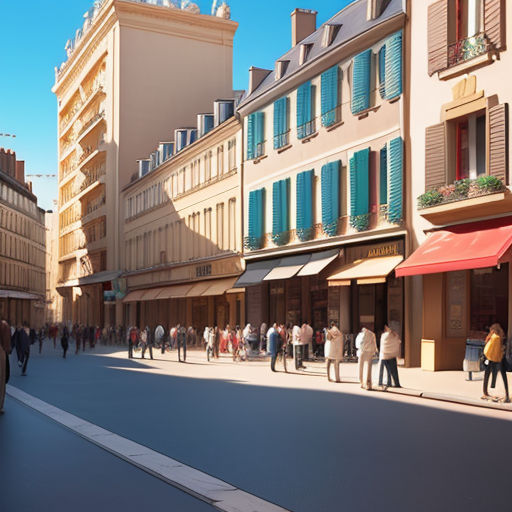
That day, under the golden Parisian sun, Jean's understanding of crowds had deepened. He had experienced Le Bon's theories firsthand, recognizing the power and the peril of the popular mind.

As he left the square, the crowd began to disperse. Individuals walked away, carrying a part of the collective being with them. The grand entity was slowly disintegrating, returning to its individual components.
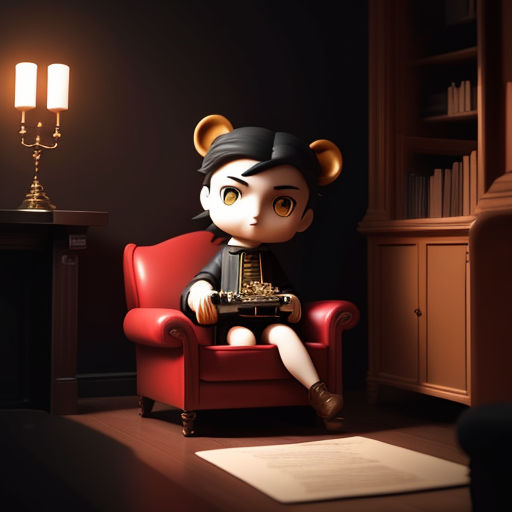
Jean watched the transformation, his hand absently tracing the worn-out cover of 'The Crowd'. He had met the beast mentioned in Le Bon's tome, had looked it in the eye and had emerged richer from the encounter.
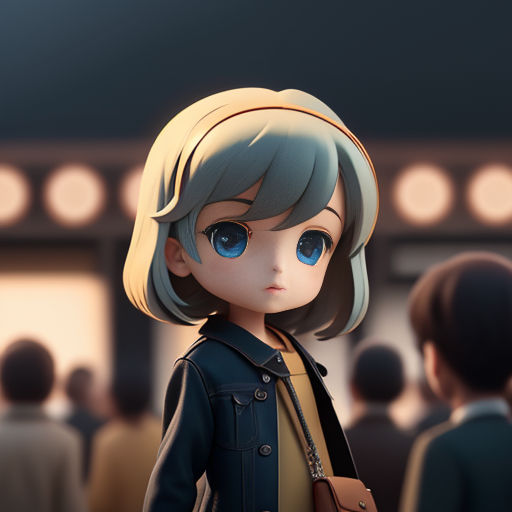
And like the crowd itself, Jean was transformed. Armed with a deeper understanding of the human psyche, he would forever see crowds differently, forever listen to their whispers differently.

As he walked away into the twilight, Jean realized that 'The Crowd' was not just a study of the popular mind. It was also a reflection of the human condition, a mirror of the chaotic beauty that is humanity.

No longer was the crowd merely a gathering of individuals to Jean. It was a complex organism, a delicate ecosystem, a statement of our shared humanity. And this, he noted with a smile, was the power of study.

He carried his insights with him, onto other squares, other crowds. Every crowd he met was an opportunity to learn, to appreciate the paradox of human society more.

Gustave Le Bon's 'The Crowd' had illuminated Jean's world, had added a depth to his understanding of society. The square of Paris was not just a square anymore but a stage where humanity played out its complexities.

Jean's journey did not end here. It had merely begun. He realized that the study of the crowd was in fact, the study of us. With that thought, he passed into the night, his heart filled with a beautiful curiosity.

The echoes of the crowd softened behind him. The square quietened down, now a calm sea after the storm. The dancers had left the stage, the spectacle was over, but the lessons remained.

Jean, the observer, the student, the explorer was just a speck in the crowd, but he held a universe within him. A universe of observations, thoughts, and insights which would ultimately contribute to our understanding of ourselves.

The story of Jean and the crowd is a testament to the power of study. It reminds us of the beauty of knowledge and the potent power of curiosity. It was a scene that would forever be etched in his mind, a scene straight from 'The Crowd: A Study of the Popular Mind'.